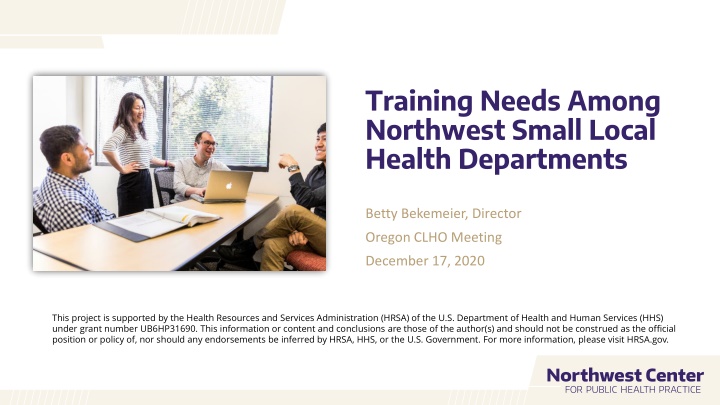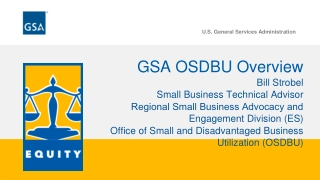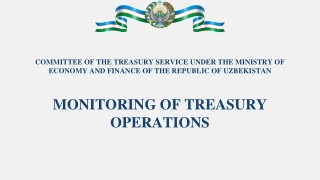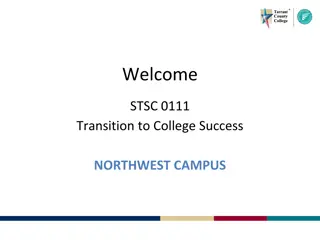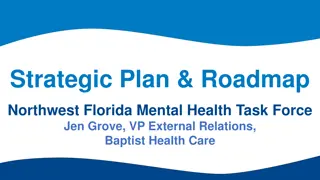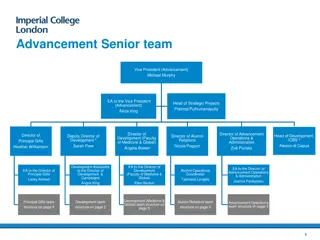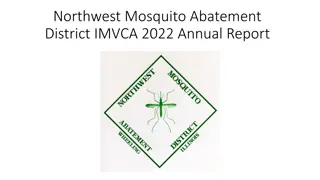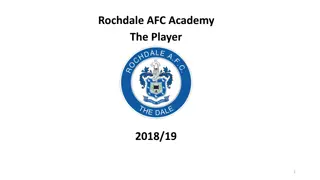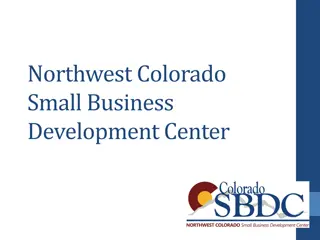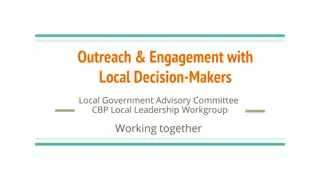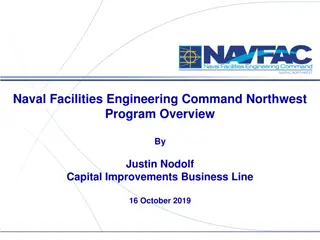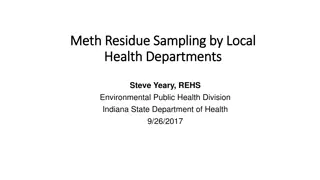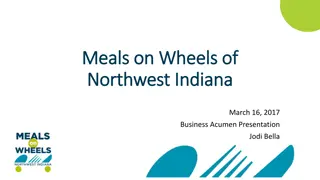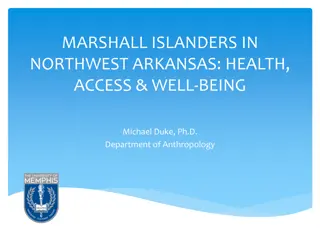Training Needs Among Northwest Small Local Health Departments
This project, supported by HRSA, aims to understand training priorities of small local health departments in the Northwest region. The study assessed leadership, workforce development, training decision-making, challenges, and ways to support staff. Insights were gathered from interviews with small LHD leaders, revealing diverse leadership backgrounds and experiences.
Download Presentation

Please find below an Image/Link to download the presentation.
The content on the website is provided AS IS for your information and personal use only. It may not be sold, licensed, or shared on other websites without obtaining consent from the author.If you encounter any issues during the download, it is possible that the publisher has removed the file from their server.
You are allowed to download the files provided on this website for personal or commercial use, subject to the condition that they are used lawfully. All files are the property of their respective owners.
The content on the website is provided AS IS for your information and personal use only. It may not be sold, licensed, or shared on other websites without obtaining consent from the author.
E N D
Presentation Transcript
Training Needs Among Northwest Small Local Health Departments Betty Bekemeier, Director Oregon CLHO Meeting December 17, 2020 This project is supported by the Health Resources and Services Administration (HRSA) of the U.S. Department of Health and Human Services (HHS) under grant number UB6HP31690. This information or content and conclusions are those of the author(s) and should not be construed as the official position or policy of, nor should any endorsements be inferred by HRSA, HHS, or the U.S. Government. For more information, please visit HRSA.gov.
Purpose To fill the gap of PHWINS and better understand small LHD training priorities. NWCPHP Small jurisdictions All small jurisdictions included Leadership & Organizational Perspective Qualitative Lack of systematic knowledge PH WINS Large and medium jurisdictions Sampling of jurisdictions Individual, Staff Perspective Quantitative
Participants Interviewee Positions Fall 2019 Small jurisdictions FTE < 25 Serving populations < 25,000 27 LHDs classified as small jurisdiction 20 semi-structured interviews representing 21 of small jurisdictions in AK, OR, and WA. 78% response rate 10 9 2 2 Administrator Director PH Nursing manager/coordinator Other
Small Jurisdictions in Region 10 Okanogan North Slope Borough Health and Social Services Agency Maniilaq Association (North Arctic Borough) Lincoln Whitman Mason Garfield Kittitas Wahkiakum Adams Asotin Clatsop Columbia Morrow Wheeler Klickitat Skamania Hood River Polk Baker Jefferson Grant Crook Lake Harney Malheur Klamath Interview Status: Interviewed Not Interviewed N/A
Areas Assessed Leadership background Approach to workforce development How are training decisions made Organizational training priorities and training needs How they find trainings Challenges to workforce development Best ways to train their staff How NWCHP can support their workforce development
Small LHD Leadership Many hold more than 1 position or role Many have expertise in other areas I'm the fifth director in seven years. Some leadership in position for less than 2 years A few had been in their position for many years I've been in my position for a year and a half. I was the nursing supervisor for 20 years, and then our administrator retired and I'm still learning.
Approach to Workforce Development Few had standard approach CEUs to maintain licensure (primarily nursing) Programmatic requirements / state contracts Individual staff interests and growth, tempered by time and budget State modernization requirements (OR) Doing training needs assessments How to share resources and collaborate Prescribed topics such as health equity County training requirements Accreditation not a primary driver for most LHDs Only 4 LHDs mentioned accreditation 2 not seeking accreditation due to scale of work compared to workforce Competency development not a primary driver for most LHDs Without their license, they don t have their livelihood. We have a budget for them to spend about thousand dollars a year on training of their own choice to maintain their CEs.
Organizational Training Priorities Public health operations and infrastructure: Public health modernization (OR) Collaboration with regional resources Trauma-informed care Competencies: Leadership Communication Using and displaying data Programmatic: Internal programmatic cross-training Emergency preparedness (NIMS, ICS) Substance abuse Mental health
Organizational Training Priorities (Continued) Health equity, social determinants of health: Implicit bias Using plain language Adverse Child Experiences (ACEs) Cultural competency Yeah, so actually we push back on some of those trainings. ]It seems to me like everything with this equity conversation it s just on half the population, so we are just not going in that direction. In Oregon, we're looking at public health modernization. And so that is a big training. We're looking at health equity, [which is a] huge training piece for our staff. And all the pieces that go with that you know, implicit bias and that's an ongoing training piece. And our staff is very into it. They absolutely love it.
Workforce Development Needs in Small LHDs Hands-on experience in training Training for succession planning Training Topics needed: General public health training Budgets and billing Data visualization and communication Grant management and post award Leadership skills Policy Behavioral and mental health
Challenges to Workforce Development Still in survival mode Not enough funding to do current public health work, training is a lower funding priority Growth is hard when many rural LHDs have change fatigue Cost of trainings monetary cost and cost of lost time and staff Lack of true skill development from online learning Technical challenges from constantly changing online learning technology
Current Training Delivery In-person training preferred for skill development We still do lots of mentoring around certain things and, you can't just throw everything at somebody all at once or they ll be leaving mentoring and opportunities for self learning Mentoring and job shadowing Distance-based training, for certain types of training Limited time in the workday for online training I think that we are becoming burned out on the online learning collaborative. I think that it's easy or to multitask and, or not participate as well.
LHD Suggestions for Distance-Based Training Training improvements could include: Increase skill development from online training Increase distance-based engagement Watching webinars in groups to increase group learning Keep online trainings short to give opportunities to apply learning to work Relevant, catchy, fast-moving subjects
Recommendations Leadership in small LHDs are interested in the management-level training to help them balance their multiple, competing demands. Small LHD staff need training in communication, trauma-informed care, and ACES. NWCPHP should increase awareness of public health training resources among staff at small LHDs. Incentives, such as CEUs, needed to encourage small LHD staff to make broad systems-level training desirable. Small LHD public health staff need to see the value of systems-level training to their daily work.
Recommendations (continued) Training Topics for Leadership Delivery Leadership development Online training needs to increase engagement through a live component and/or application. Succession planning Online training for skill development should be mini, bite-sized, and could focus on an internal cohort. Management skills Community engagement Policy development, using data In-person training should have multiple offerings so all staff can attend.
Reflection for CLHO Leaders Questions 1. 2. Do these results resonate with you? What was confusing or needs clarification? How can NWCPHP better meet your small LHDs where they are? What more can we do together? With greater interest in public health jobs, how might you seize the moment? How will you retain and continue to develop new talent? 3. 4. 5. 6.
Training Teams and Individuals Public Health Management Northwest Public Health & Primary Care Leadership Institute Mentoring Matters Materials March October 2021 Visit nwcphp.org/training to explore hundreds of training and learning resources.
Thank You Betty Bekemeier, PhD, MPH, RN Director Northwest Center for Public Health Practice University of Washington School of Public Health bettybek@uw.edu www.nwcphp.org
